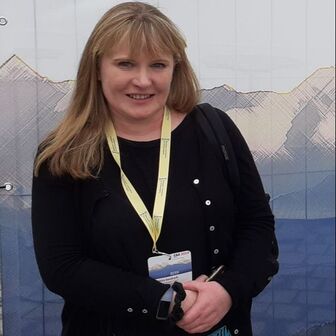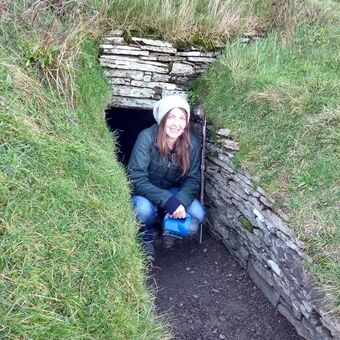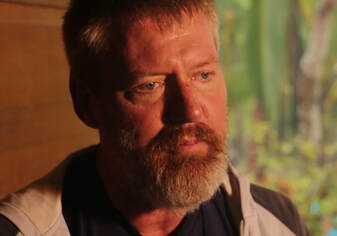
Eileen Murphy is Professor of Archaeology in the School of Natural and Built Environment, Queen’s University Belfast, where she has worked since 2000. She specialises in the study of prehistoric Eurasian populations, most notably the Scythian and Hunno-Sarmatian populations from Aymyrlyg, South Siberia, and Irish human skeletal populations of all periods. She has led the osteoarchaeological components of several major research projects on populations from Medieval Ireland, including the Ballyhanna Research Project and the Ranelagh Osteoarchaeology Project for Transport Infrastructure Ireland. She has particular interest in atypical burial practices and the archaeology of childhood, which converge in her research on cillíní (children’s burial grounds). She is the editor of the international journal Childhood in the Past and is a member of the editorial board of the European Journal of Archaeology. She is a founding member of the Belfast Young Archaeologists’ Club (YAC) at QUB and is Co-Director of the Centre for Community Archaeology at QUB.
pure.qub.ac.uk/en/persons/eileen-murphy |

Dr Rebecca Crozier was appointed as a lecturer in the Department of Archaeology, University of Aberdeen in 2018, where she is the programme co-ordinator for the new MSc in Human Osteoarchaeology. Rebecca Crozier gained her undergraduate degree from the University of Edinburgh in 1998, going on to study for the MSc in Osteology, Palaeopathology and Funerary Archaeology in Sheffield/Bradford (awarded in 1999). She then spent several years working as a contract archaeologist for various units in the UK, including the Museum of London Archaeology Service (now MOLA). Rebecca was awarded her PhD in 2012 by Queen’s University Belfast; this work combined Rebecca’s fascination with mortuary practices and human remains, ultimately reconstructing past funerary events associated with the Neolithic tombs in Orkney. Following her PhD, she moved to Manila, Philippines, to take up a lecturing position at the University of the Philippines-Archaeology Studies Program. During the next five years, Rebecca established and developed both the human osteology laboratory and programme within the department. During this time she also developed new research projects, and engaged in and directed several research excavations (within the Philippines and Vietnam). Since 2017, Rebecca has acted as a consultant (pro bono) for the Unrecovered War Casualties Unit-Army (Australian Department of Defence) in which capacity she has searched for, recovered and identified defence force personnel from WW2 in Papua New Guinea and from WWI in France.
www.abdn.ac.uk/geosciences/people/profiles/rebecca.crozier |

Marc Oxenham is a British Academy funded Global Professorship at the University of Aberdeen and a Professor of Bioarchaeology in the School of Archaeology and Anthropology at the Australian National University. He gained his bioanthropological and archaeological training at the Northern Territory University (Charles Darwin University) where he was awarded a PhD in 2001. Over the past two decades he has undertaken archaeological and/or bioanthropological research in Japan, China, Cambodia, Thailand, Vietnam, Indonesia and the Philippines. His research specialisations include the reconstruction of health from human skeletal and dental remains, mortuary archaeology, and human identification and estimation of the time since death in forensic anthropological contexts. He is best known as a bioarchaeologist, focusing on human biological and socio-cultural adaptation to climate and technological variability/change in Holocene Southeast Asia.
researchers.anu.edu.au/researchers/oxenham-m www.abdn.ac.uk/geosciences/people/profiles/marc.oxenham |
